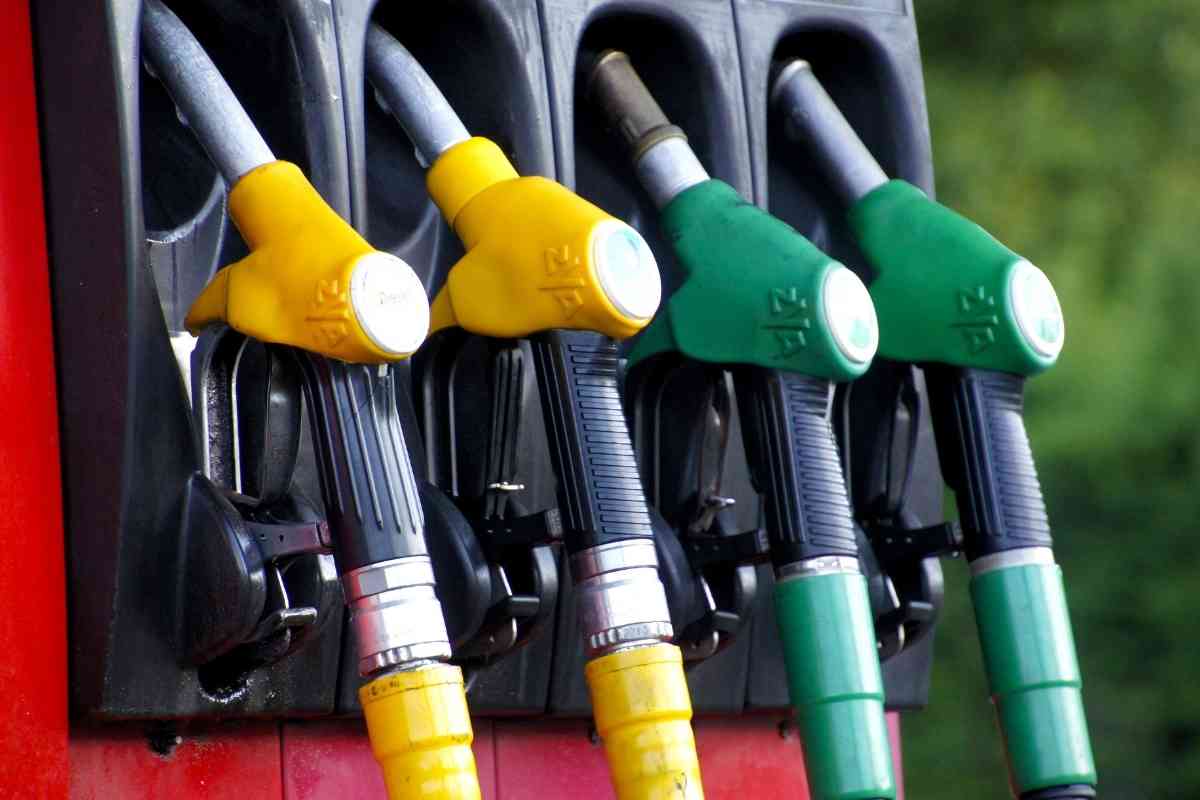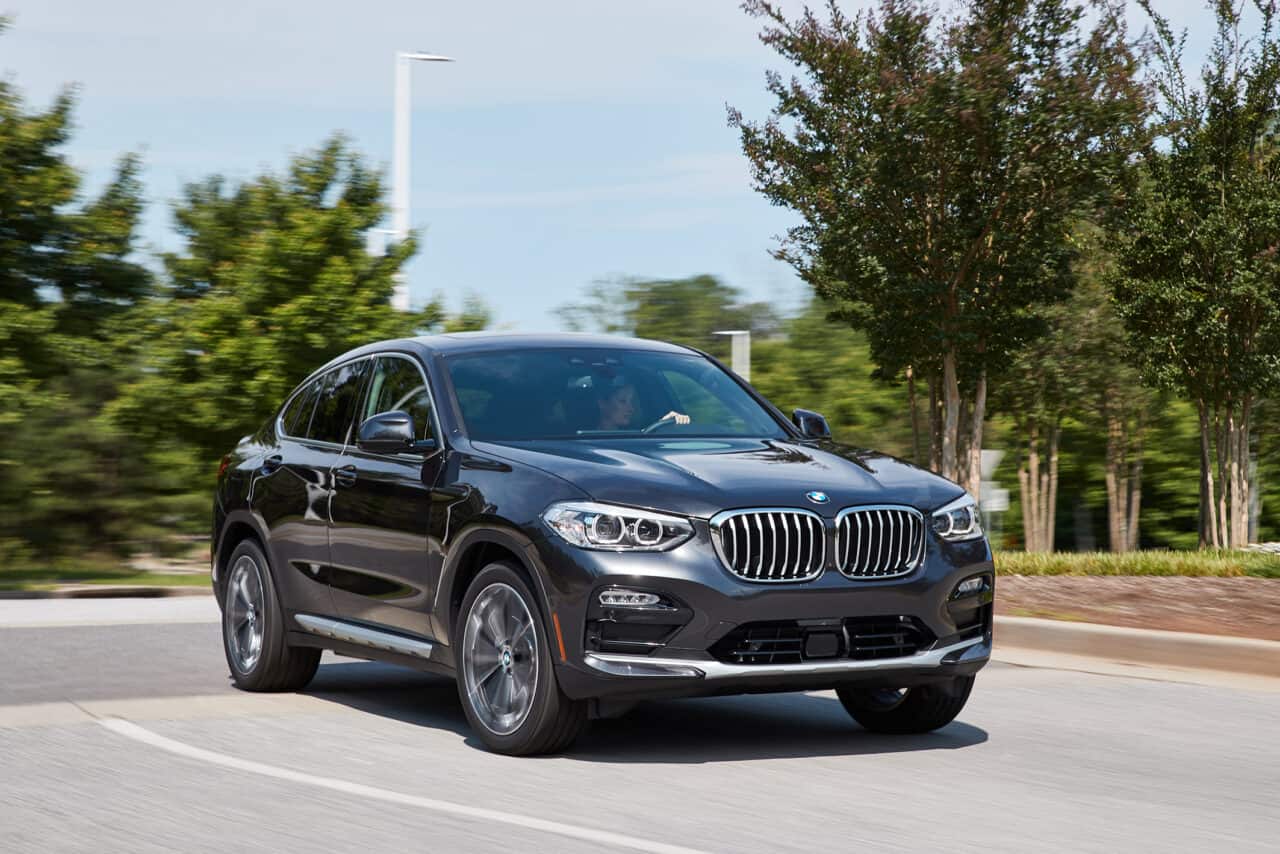Do All BMW Require Premium Gas? (SOLVED!)
The BMW brand is well-known for its modern design and swift acceleration capabilities. However, these high-speed vehicles are also high-priced and cost more to maintain than many other vehicles of a similar size. Some owners may seek to save money by using regular fuel over premium fuel— but is this safe?

While BMW recommends that all cars currently sold in the U.S. use premium fuel, most models are able to run on regular fuel without damaging the engine. The same is not true for older BMW models; BMW vehicles made before 1997 should only use higher octane (premium) fuel.
That being said, the fact that you can do something does not necessarily mean you should. What exactly are the pros and cons of using regular over premium gas in qualified BMW models?
What is the Difference Between Regular and Premium Gas?
The difference between premium and regular gas is the fuel’s octane rating. Octane rating refers to the fuel’s stability or the pressure at which a fuel will auto-ignite in a testing engine. Higher octane ratings indicate a more stable fuel.
Regular gas generally possesses an octane rating of about 87, the lowest octane fuel. Premium gas possesses an octane rating of 91-94, the exact number should be listed at the gas station you purchase fuel at.
Octane rating is important to know in the case of higher-pressure engines because of something called “knocking.” Knocking refers to the early combustion of fuel within a piston in the engine, which results in a knocking or banging sound— as if your engine was filled with marbles.
This uneven burning of fuel decreases machine efficiency and can damage a vehicle’s engine over time if not taken care of.
Unfortunately, higher-octane fuels cost more than regular ones with lower octane ratings. The U.S. Energy and Information Administration estimates that premium fuel costs an average of about 60 cents more per gallon than regular fuel. With a tank size of 15.8 gallons (like the 2016 BMW 320i) that adds up to quite a lot of money over time.
If your wallet won’t allow for you to spring for the cost of premium gas, but you don’t really want to risk the decrease in overall power, you can split the difference by using mid-grade fuel. Mid-grade fuel has an octane rating of 89 and is only 35 cents more per gallon than regular fuel.
This is high enough to decrease the likelihood of engine knocking significantly, but low enough to keep your car’s gas bill down.
Do I Need to Use Premium Gas in My BMW?
Though premium gas is the ideal fuel for a BMW, newer models are equipped with technology that makes the use of premium more of a recommendation than a necessity. Electronic sensors within the engine help determine the fuel used and adjust ignition timing accordingly.
This knock sensing technology makes it possible to safely use regular fuel without damaging the engine while still achieving the maximum energy yield that fuel can provide.

While using regular gas once or twice will not cause any immediate drivability issues, you may experience lower performance and more frequent tune-ups in the long run. While using regular fuel may save you a bit of money, the tradeoff is in engine speed.
Vehicles using regular will have slower acceleration rates and slightly lower power. Triangle Imports estimates that BMW vehicles on regular gas will perform around 10HP lower than the estimated HP.
That being said, it is up to you to decide what risks you are or are not comfortable making with your own vehicle. When switching from one fuel to another, it is important to note that doing so may take 1-2 top-offs to get the full effect. A small amount of the previous grade of fuel is likely still left in the tank, resulting in an octane level somewhere in the middle.
What Happens If I Put Regular Gas in My BMW?
As previously discussed, using regular gas will not do significant damage to most BMW models, with a few exceptions. Using regular gas in models with high-compression or turbo engines is far riskier than in more basic BMW models, as fuel stability is more important to machine performance.
In all BMW models, the high horsepower ratings the vehicles are known for are only achievable when using premium gas.
Older models, such as models built before 1997, should exclusively use premium fuel. These engines are not equipped with the same safety features that later models are, and cannot adjust their capabilities to suit regular gas. Filling up the tank with regular gas on one of these older models may just kill your engine.
Even with the added safety of technology, using lower-octane fuels does still pose a risk to BMW engines in the long run. Using regular places stress on engine parts, including the pistons, cylinder walls, and the electric knocking sensors that allow the engine to adjust performance.
Prolonged or frequent stress can cause a part to fail entirely, costing you more money and a trip to the auto repair shop.
If you have been using regular gas for a while and your vehicle starts to experience knocking, try switching to premium or mid-grade fuel for a while and see if the issue resolves itself. If the engine knocking persists, it is time to visit a mechanic.
Popular BMW Reliability Articles:
- BMW Warranty: What It Covers and How to Make a Claim
- BMW X6 Years to Avoid and Why
- BMW vs Mercedes: Which Luxury Car Brand is Better?
- BMW Service Light Will Not Reset – What To Do?
- What Are The Best Years For The BMW X4? (Revealed!)
- What Are The Best Years For The BMW X1?
- What is High Mileage for a BMW? (Explained!)
What BMW Models Require Premium Gas?
Aside from pre-1997 models, current BMW models that require premium gas and cannot handle regular gas include higher-end models such as the M model or any version with a high-compression or turbo engine.
Always do your research before purchasing a vehicle and consider the additional cost of maintenance before buying. Fast cars require more care than average ones.
Consult the owner manual if you are unsure what type of gas your current vehicle is equipped to handle. You can also find lists of vehicle makes and models where premium fuel is recommended or required for maximum performance, including for BMW.

I just rented a BMW 530 (or something in the 5 series) from Sixt car rental. I did not use premium an d doubt any renter knows you have to put premium in it. In fact, no where when you put gas in it does it say anywhere that it requires or recommends premium
In general, the computer of most cars can detect the octane and adjust to the fuel you are using.
This being said, BMWs in general are very fuel sensitive. If I ran anything besides 93 in my 530 it would knock.
In the X5 and other models, our local dealership and I were talking that cars over the last few months have had knocks using Costco 93.
We noticed our local Costco had changed fuel suppliers. As soon and people shifted over to the local shell vs. Costco (even using premium) the issues went away.
My experience over the years is that BMWs are especially sensitive to fuel grades where Lexus and some others do not.
I remember my Acura mechanic telling me to run premium at least once over three fill ups or so due to the cleaning additives.
While every car is different, if you have a BMW and have any type of knocking or ticking… first try changing your fuel to see if anything changes.